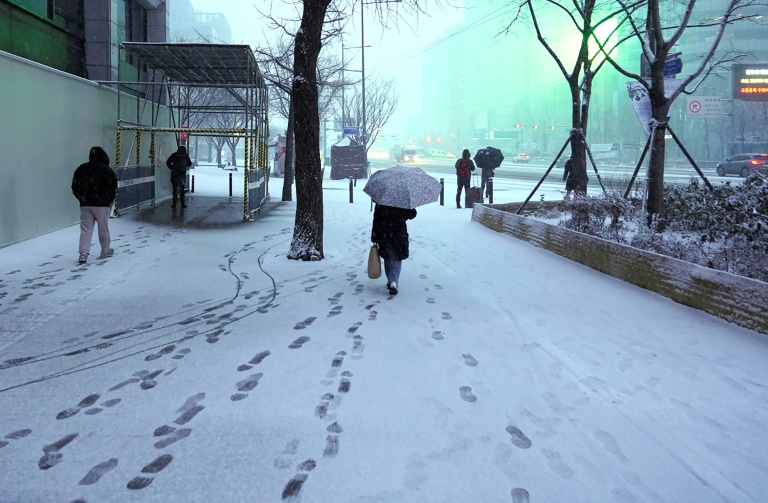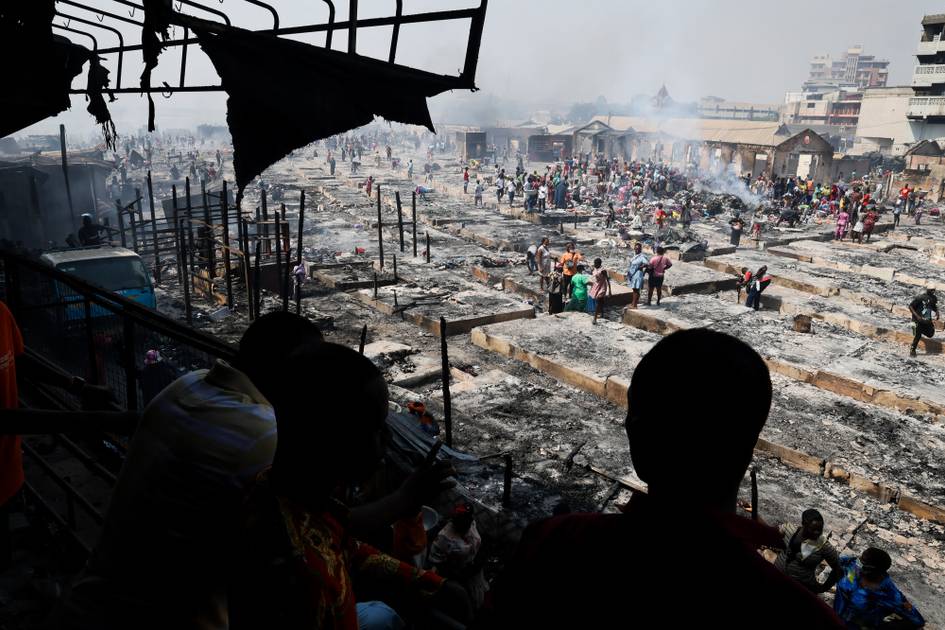The report by state-run Xinhua news agency was brief and did not give a reason for his resignation.
He began working at the Hong Kong and Macau Affairs Office (HKMAO) in 1989 after graduating from the law school of Renmin University in Beijing. He served as the agency’s deputy director from 2004 to 2012.
He was promoted to director of Beijing’s liaison office in Hong Kong in 2012, then became director of the HKMAO in 2017.
But Zhang’s term was rocked by anti-government protests in Hong Kong in 2019, which were triggered by an extradition bill that was withdrawn soon after the protests began.
In 2022, Zhang was appointed to the role of CPPCC deputy secretary general. He was replaced at the HKMAO last year by Zhou Ji, the former deputy party secretary and security chief of Henan province.
The CPPCC Standing Committee also approved the resignation of Wang Tian, chairman of the Chinese electronics conglomerate BBK Group, from his role as a member of the political advisory body during the meeting that concluded on Thursday.
A few senior officials who retired from frontline duties were offered CPPCC roles at the meeting, including China’s former health minister Ma Xiaowei and former top financial regulator Yi Huiman.
Yi was appointed deputy director of the CPPCC’s Economic Committee, while Ma Xiaowei became deputy director of its Education, Science, Health and Sports Committee.
Wang Huning, a member of the Politburo Standing Committee and chairman of the CPPCC, presided over the meeting, according to Xinhua.
He called on CPPCC members to conduct in-depth research and consultation, enhance democratic oversight and build consensus to make suggestions on and contribute to developing a “high-standard socialist market economy”.
After the meeting, Yin Shouyi, vice-dean of Tsinghua University’s school of integrated circuits, gave a lecture on the prospects and challenges of China’s chip industry.






